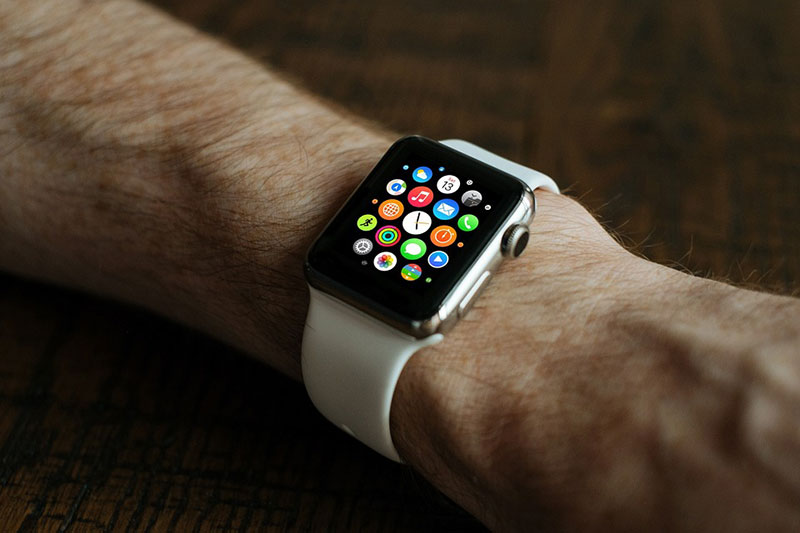EHR, or Electronic Health Record is crucial for the digitized healthcare system. EHR can both improve patient care and increase efficiency in healthcare. However, EHR is turning physicians into note takers as they spend hours staring at the computer screen and typing into the patient’s EHR.
Read more Vital Software Launches EHR Solution for Hospital Emergency Departments
An AI-powered app, made by Notable, is a digital scribe, which also translates interactions between doctor and patient into data points that can be easily included in the EHR. The software was designed to save time on administrative tasks. Instead of typing notes and entering details into a patient’s Electronic Health Record (EHR), a doctor will be able to dictate them into his or her Apple Watch.
“The watch was very intuitive, provided all-day battery life, and actually works, especially in this touchless environment where people don’t want to be sharing computers given this environment. … You want to have more of a BYOD approach, so the provider can feel safe using their own interface that is intuitive, natural, and touchless. The wrist works great for that,” Pranay Kapadia, cofounder and CEO of Notable, told MobiHealthNews.

The software also learns from doctors’ habits, predicting orders and billing codes and proactively inputting certain parts, like where labs should be sent, based on insurance requirements.
The Notable system has been working on the watch for two years. However, it is adding features as the watch system evolves.
Read more New Startup Medical Ledger Offers Health Data Privacy with Blockchain-Powered EHR
“With the new operating system one of the capabilities we got to work with [Apple] on and their API was new complications that are dynamic and interactive,” Kapadia said. “So, we’ve been working with them on how can we help providers know what their schedule looks like at a glance in a touchless environment so they don’t have to go back to a computer and see at a glance what information they need about the next patient they have coming in —whether they are on track or behind and then follow through on care.”









